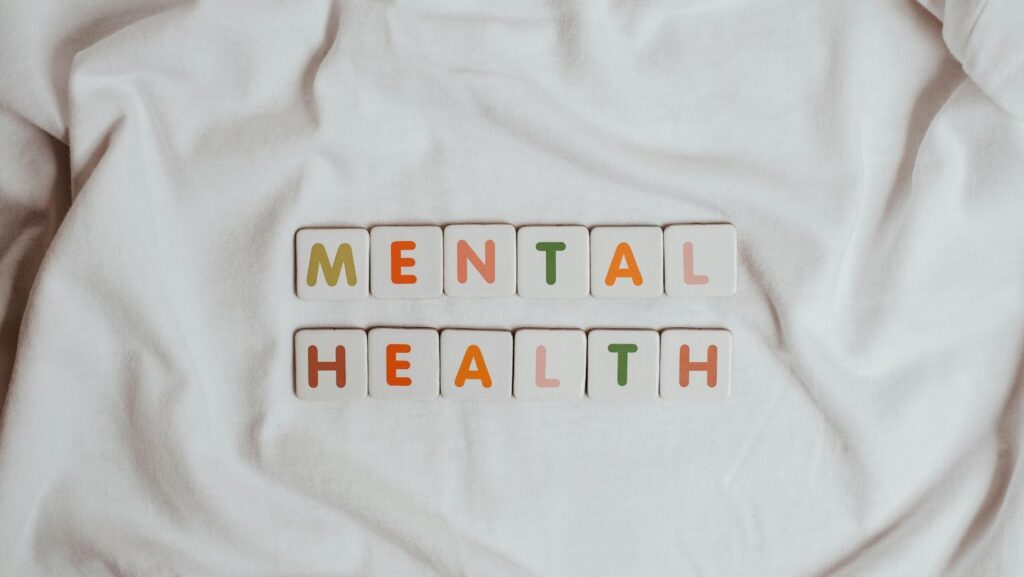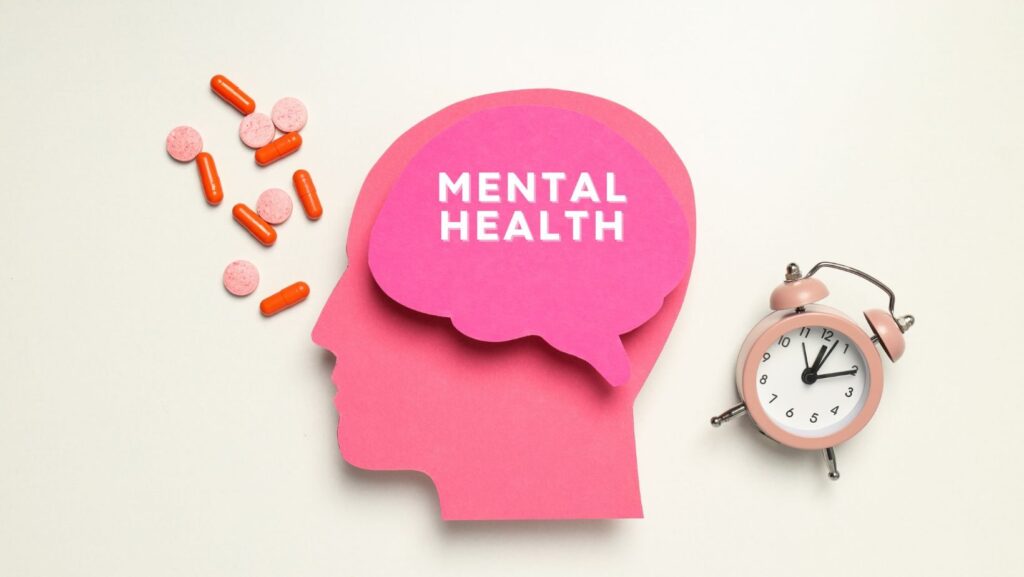Learn how integrating mental health care in substance abuse treatment plans improves outcomes. Discover strategies, benefits, and expert insights to support lasting recovery.
also read: https://www.thehealthyprimateorgs.com/
Introduction
Substance abuse and mental health disorders are often deeply intertwined, creating a complex cycle that is difficult to break without professional help. More often than not, individuals suffering from addiction also face underlying mental health challenges like anxiety, depression, PTSD, or bipolar disorder. This co-occurrence is known as a dual diagnosis or co-occurring disorder.
Integrating mental health care in substance abuse treatment plans has become a key approach to breaking the cycle of addiction and promoting long-term recovery. In this guide, we’ll explore how this integrated approach works, its benefits, methods used, and how it transforms lives.
Why Integration is Crucial in Treatment
The Connection Between Mental Health and Substance Abuse
Studies show that nearly 50% of individuals with substance use disorders also suffer from mental health conditions. These issues often fuel each other—someone struggling with untreated depression might turn to alcohol or drugs as a form of self-medication, which in turn worsens their mental health.

Without addressing both aspects simultaneously, treatment can become fragmented and less effective. That’s why integrating mental health care in substance abuse treatment plans is not just beneficial—it’s necessary.
Core Components of Integrated Treatment Plans
An integrated treatment plan focuses on addressing both substance use and mental health issues concurrently. Here are the core components involved:
1. Comprehensive Assessment
Before designing a treatment plan, a thorough evaluation is necessary to understand the individual’s psychiatric, emotional, and substance use history. Clinicians assess various aspects, including:
- Medical history
- Mental health diagnosis
- Substance use pattern
- Family history
- Socioeconomic background
This holistic approach ensures that the plan is tailored to the individual’s unique needs.
2. Dual Diagnosis Therapy
This therapy focuses on treating both mental health and substance use disorders at the same time. Techniques include:
- Cognitive Behavioral Therapy (CBT)
- Dialectical Behavior Therapy (DBT)
- Motivational Interviewing (MI)
These therapies help individuals identify triggers, reshape thinking patterns, and develop healthy coping strategies.
3. Medication-Assisted Treatment (MAT)
MAT is often used to treat opioid or alcohol use disorders and may also help with mental health conditions. Examples of medications include:
| Medication | Purpose | Common Use Case |
|---|---|---|
| Methadone | Reduces withdrawal symptoms | Opioid use disorder |
| Naltrexone | Blocks effects of alcohol/opioids | Alcohol/opioid dependence |
| SSRIs (e.g., Zoloft) | Treats anxiety, depression | Co-occurring mental illness |
Prescribing medications carefully while monitoring for side effects is vital to avoid dependency or adverse interactions.
4. Psychiatric Support and Counseling
Psychiatrists, psychologists, and licensed therapists play a central role in integrated treatment. Ongoing individual, group, and family therapy sessions offer emotional support, improve communication, and build a support system that fosters resilience.
5. Peer Support and Group Therapy
Group therapies such as 12-Step Programs, SMART Recovery, and other support groups provide a sense of community, reduce feelings of isolation, and motivate participants through shared experiences.
Benefits of Integrating Mental Health Care in Substance Abuse Treatment Plans

Improved Treatment Outcomes
Patients are more likely to stay in recovery programs and experience long-term sobriety when their mental health needs are addressed alongside their addiction treatment.
Better Coping Mechanisms
Integrated care teaches healthy coping skills, allowing individuals to manage cravings and mental distress effectively.
Reduced Risk of Relapse
By identifying and treating the underlying causes of addiction—like trauma or anxiety—patients are less likely to fall back into old patterns.
Enhanced Quality of Life
Treating both conditions promotes emotional stability, better relationships, improved physical health, and overall life satisfaction.
Common Co-Occurring Mental Health Disorders
Understanding the type of mental health issues commonly associated with substance abuse can help tailor treatment approaches effectively.
| Mental Health Disorder | Commonly Paired Substance Abuse |
|---|---|
| Depression | Alcohol, Cannabis, Opiates |
| Anxiety Disorders | Benzodiazepines, Alcohol |
| PTSD | Opiates, Methamphetamine |
| Bipolar Disorder | Cocaine, Alcohol |
| Schizophrenia | Cannabis, Hallucinogens |
Each of these requires a targeted treatment strategy that considers the interplay between substance use and mental health.
Challenges in Implementation
While integrating mental health care in substance abuse treatment plans has proven benefits, it does come with challenges:
Stigma and Misdiagnosis
Many individuals still face stigma when seeking help for mental health or addiction. Additionally, symptoms of one disorder can mask the other, leading to misdiagnosis.
Lack of Integrated Facilities
Not all treatment centers have trained professionals or the infrastructure needed to offer dual diagnosis treatment.
Insurance and Cost Barriers
Comprehensive treatment that covers both disorders can be expensive, and some insurance plans do not fully cover mental health services.
Strategies to Improve Integration
To overcome these challenges, several strategies can be applied:
- Training healthcare professionals in dual diagnosis care
- Increasing awareness about co-occurring disorders
- Policy reforms that mandate integrated treatment in rehabilitation facilities
- Use of telehealth services for easier access to therapy and psychiatric support
Role of Family in Recovery
Involving family members in therapy can lead to more sustainable outcomes. Family therapy:

- Improves communication and trust
- Educates loved ones about mental health and addiction
- Creates a healthy, supportive home environment
Success Stories and Case Studies
Numerous treatment centers that have adopted integrated care models report higher success rates and patient satisfaction. For example, a center in California reported a 65% increase in long-term sobriety among dual diagnosis patients compared to those receiving separate treatments.
Frequently Asked Questions
Here are additional FAQs that add more value and insight into this topic:
- Can I receive integrated treatment in outpatient settings?
Yes, many outpatient programs now offer integrated mental health and substance use services. - What is the difference between dual diagnosis and co-occurring disorder?
Both terms refer to the same condition—simultaneous mental health and substance use disorders. - Are there any risks of treating both disorders at once?
If managed by professionals, integrated care is safe. However, medication interactions and emotional triggers must be monitored. - Is integrated care suitable for adolescents?
Yes, integrated programs are tailored for all age groups, including teens. - Do all rehabs offer mental health services?
Not all. It’s essential to choose a facility that specializes in integrated or dual diagnosis treatment. - How long does integrated treatment typically last?
Duration varies but typically ranges from 3 to 12 months based on severity. - Can online therapy be part of an integrated treatment plan?
Absolutely. Teletherapy has become a useful tool in delivering mental health care in real-time. - Does insurance cover integrated treatment plans?
Coverage depends on your provider. Some offer full or partial coverage. - What qualifications should the treatment team have?
Licensed therapists, psychiatrists, addiction counselors, and medical doctors trained in dual diagnosis care. - What happens if only one disorder is treated?
There’s a higher risk of relapse or incomplete recovery if only one aspect (either mental health or substance use) is addressed.
Conclusion
Integrating mental health care in substance abuse treatment plans is no longer just an option—it’s a necessity for effective, lasting recovery. By addressing the psychological roots of addiction while managing the physical and behavioral aspects of substance use, individuals stand a far better chance at reclaiming control of their lives.
A holistic approach that combines therapy, medication, family support, and skilled professionals creates a foundation for healing not just the body, but the mind. Whether you or a loved one is facing this dual challenge, remember: integrated care could be the game-changer in the journey to wellness and sobriety.
also read: https://www.thehealthyprimateorgs.com/typical-health-problems-in-personal-injury-lawsuits/
also read: https://www.thehealthyprimateorgs.com/navigating-medical-bills-after-a-personal-injury-claim/